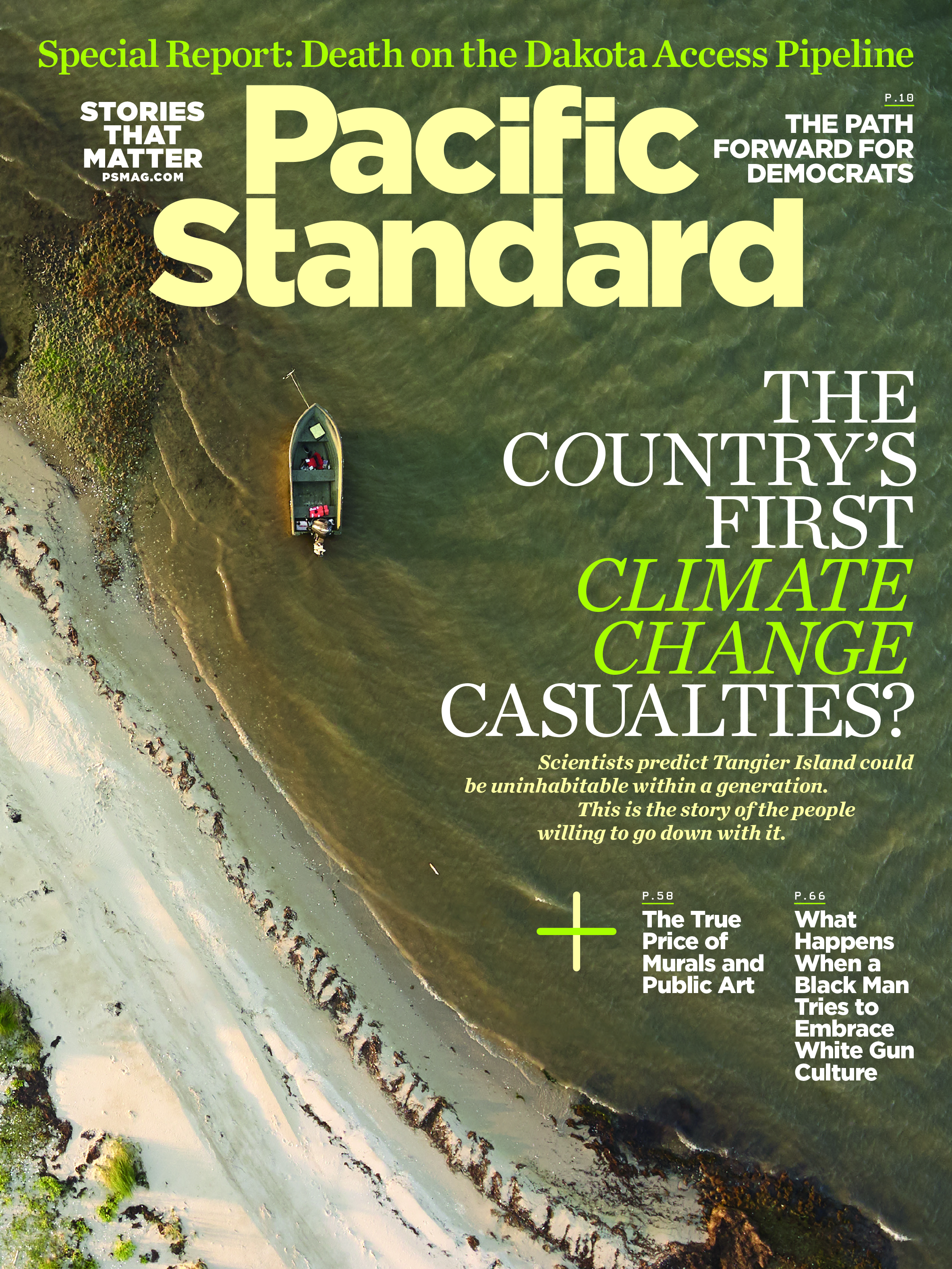Zolzaya Batkhuyag points to the lead character in a slim, colorful comic book lying on a table in front of her. The character, a lithe, rosy-cheeked young woman with long hair who is dressed in skinny jeans and flats, is the comic’s heroine, and her future is uncertain. Batkhuyag and two other women gather around the book as Batkhuyag explains how the character could fit into future plotlines. “She might be pregnant,” Batkhuyag says.
Batkhuyag, a 35-year-old lawyer and the co-founder of the Mongolian women’s rights group Women for Change, then draws attention to another character, who is dressed in a conservative, knee-length skirt and long-sleeved blouse. “She is too busy for a baby,” Batkhuyag says. “She is going to study for her master’s.” Batkhuyag reminds her companions that the lead character is already flirting with the main male character in the comic strip, anyway—it’s easy to imagine the pair dating and eventually having a baby.
Translated into English, these two characters’ names—Questioning Girl and Answer Girl—sound programmatic. But in their original Mongolian, the titles resemble superhero monikers, bold and iconic. That’s fitting, given that Women for Change is using these intrepid characters to confront and resolve questions of women’s freedom and power over their bodies in a country where such literary representation is rare. In Questioning Girl’s first appearance, in a 2016 comic, she learns why it is important for women to participate in politics; in the second, she is taught to report domestic abuse to the police. These comics represent the most recent bold move by a group of women bent on challenging the country’s entrenched views on gender roles.

(Photo: McNair Evans)
Women for Change’s 13th-floor office looks out on the hills surrounding Ulaanbaatar, the Mongolian capital. The six other women in the office today are lawyers, financial managers, and artists, one dressed in ripped jeans, another in a business skirt. Most of them are college graduates who speak multiple languages, yet they are part of a conservative culture.
“In Mongolia, a woman’s main achievement in life is to have children,” explains Delgerekh Ganbaatar, 25. Ganbaatar admits that she once believed she had achieved her main life’s purpose after she had given birth to a boy and a girl. Then she attended seminars on gender equality. Now, she says, “I’m happy to be a mom, but I want more.”
Women for Change was founded in 2010 by Batkhuyag and three other female lawyers who felt Mongolia needed an organization dedicated to gender-related issues. Shortly after its inception, members staged the country’s first production of The Vagina Monologues; next came a graffiti piece of a woman breaking through chains in the city’s famous Sansar Tunnel, and a photo exhibit of real women copying poses from famous paintings, some in the nude.
Before Mongolia’s parliamentary elections two years ago, Women for Change wanted to draw attention to women’s lack of political participation. So they decided to produce a comic book, and released about 3,000 copies to coincide with the 2016 elections. A second comic, timed to accompany the passing of a new gender-based-violence law, appeared only online.
In 2016, Questioning Girl appeared in an animated cartoon that tackles sexual harassment in the workplace. Though the comics still have a relatively niche readership, Mongolian women are sending positive responses and taking concrete action, suggesting to Batkhuyag that the series is working.
Back in the group’s office, Ganbaatar shares a story. She recently embarked on an arduous backpacking trip that entailed a long horse ride on a rocky road. In her recounting, Ganbaatar repeatedly uses the words “adventure” and “bold.” The other women smile and congratulate her. It may not seem particularly daring to some, but for her, it was a feat worthy of Wonder Woman.
“Now I’m feeling proud,” she says. “If I were not part of this community and inspired, I might not have gone there.
A version of this story originally appeared in the September/October 2018 issue of Pacific Standard. Subscribe now to support independent journalism in the public interest. Katya Cengel reported from Mongolia on a fellowship from the International Reporting Project.





